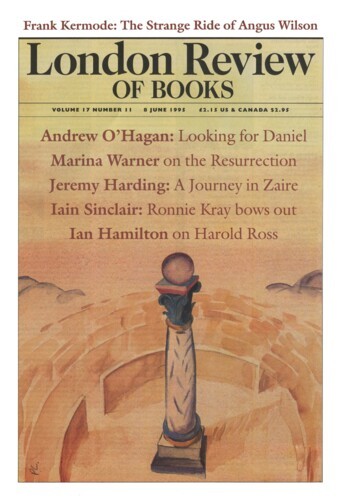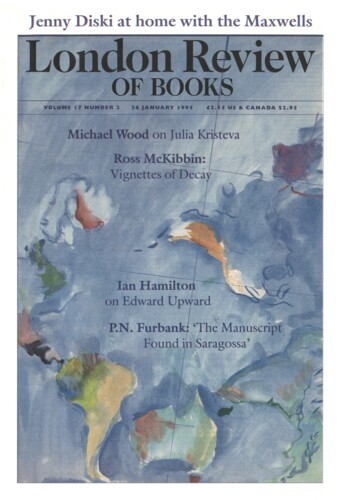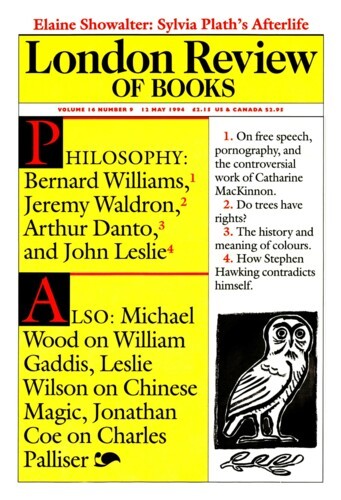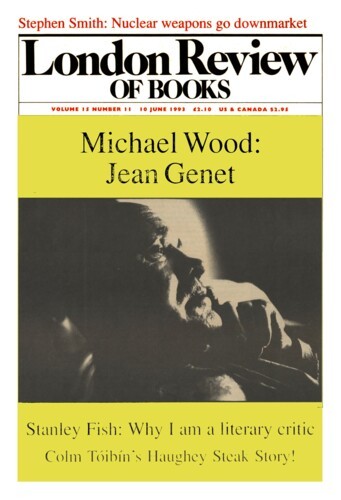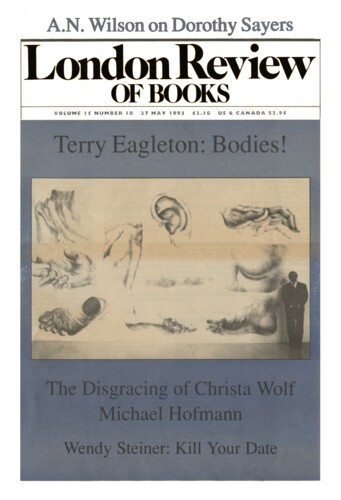Perfect Companions
C.K. Stead, 8 June 1995
It would seem improper to begin a review of a biography by considering whether its subject was better described as ‘fair of face’ or‘ill-favoured’ if the subject were not Christina Stead (1902-83) and the question had not figured so importantly in her conception of herself. The pictorial evidence is contradictory; but it appears that as a young woman she had good features, a fine, keen, intelligent face, somewhat spoiled by prominent front teeth, which were removed when she was 40. She retained childhood memories of being rejected in favour of prettier girls; and in middle life she wrote of trying ‘to cure a serious feeling of rejection and discomfort which … affects my relations with people’.…
